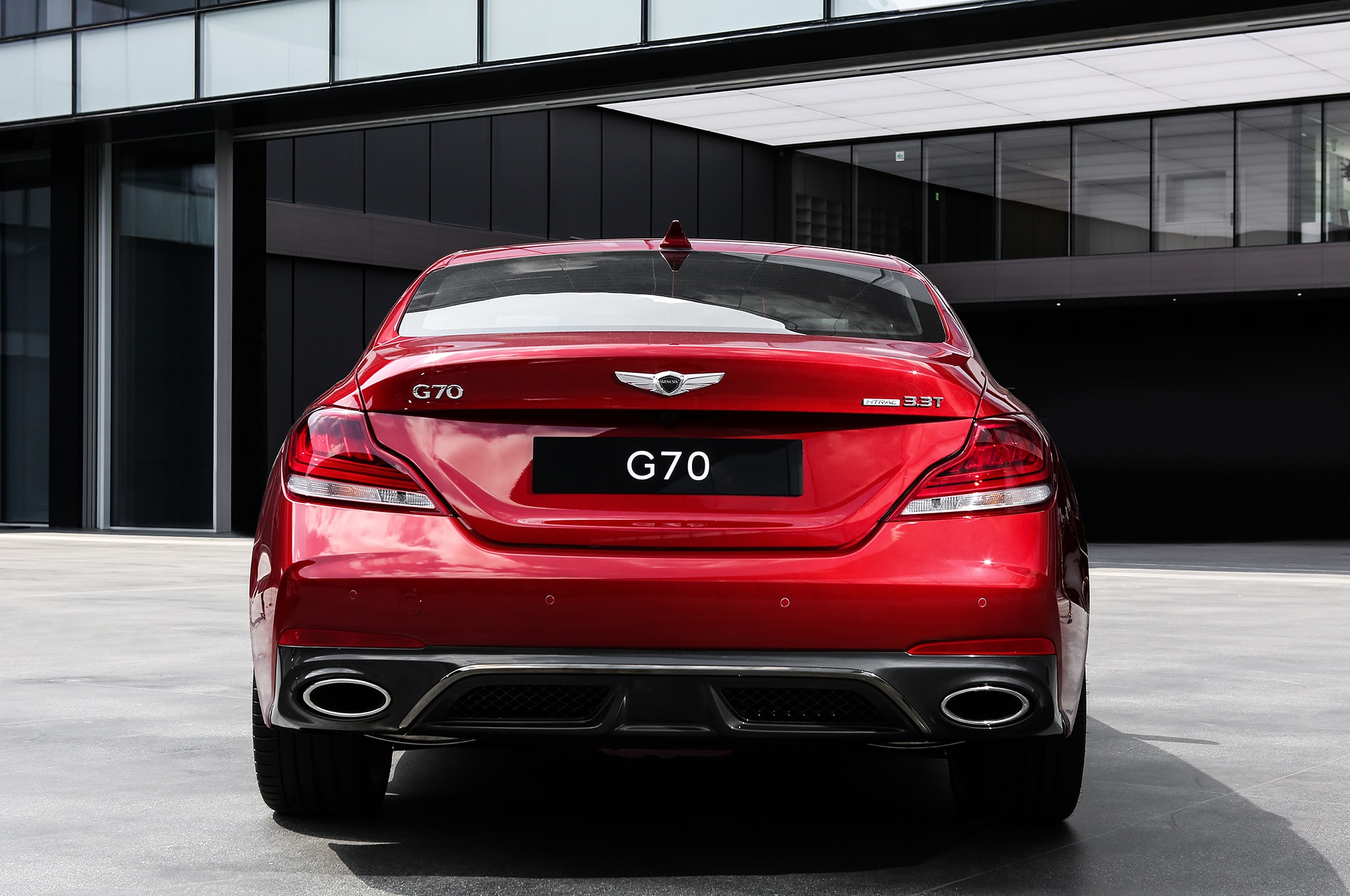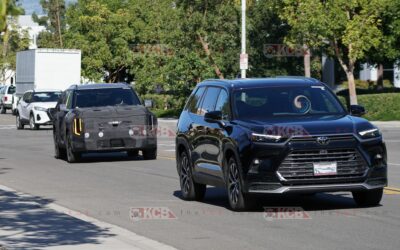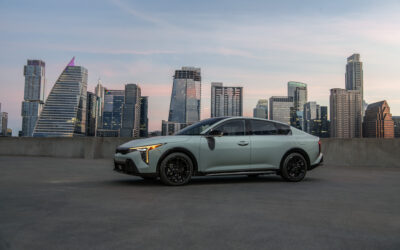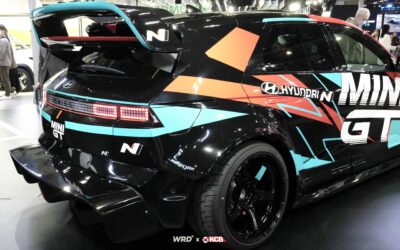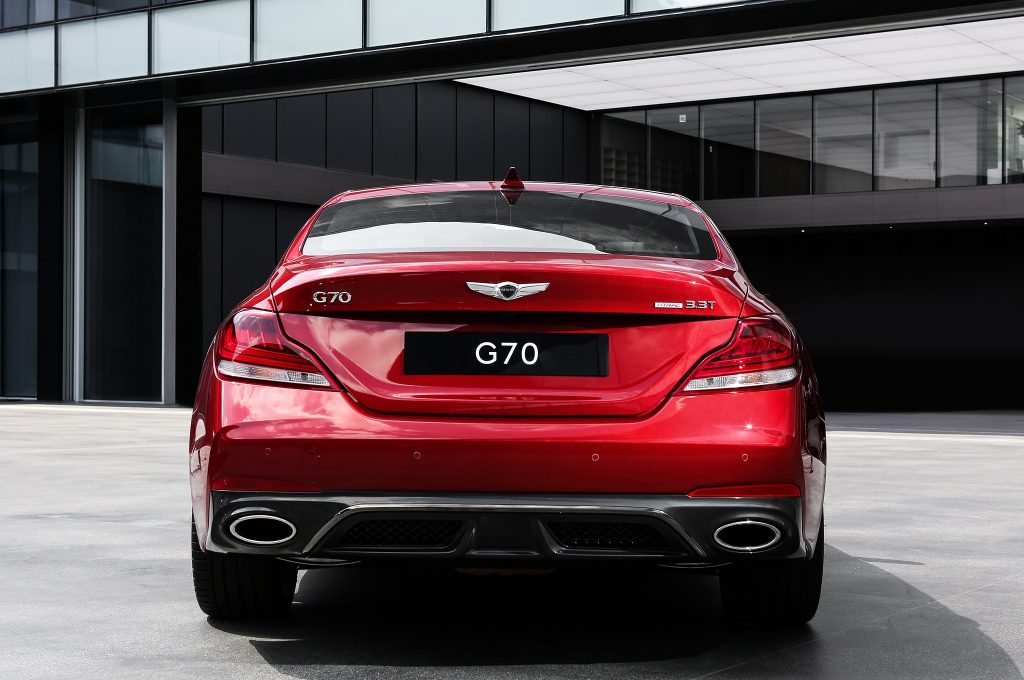 The US-market Genesis G70 will be debuting at next week’s 2018 Detroit Auto Show (a.k.a. the North American International Auto Show). Not only does it need to impress at least as much as the Kia Stinger has, but it needs to be a sales success as well, and that won’t be easy.
The US-market Genesis G70 will be debuting at next week’s 2018 Detroit Auto Show (a.k.a. the North American International Auto Show). Not only does it need to impress at least as much as the Kia Stinger has, but it needs to be a sales success as well, and that won’t be easy.
[ads id=”0″ style=”float:left;padding:6px;”]Genesis has only existed as a brand in its own right since mid 2016, but both the G80 and G90 sedans had predecessors in the American market: the Hyundai Genesis sedan and Hyundai Equus, respectively. Both of those Hyundai-branded cars exceeded expectations in terms of sales volume.
While experts warned that no one would be willing to pay premium dollars for a car with that oval H badge on its trunk lid, Hyundai was able to move around 30,000 US-spec Genesis cars per year (about 2,500 per month) consistently between 2010 and 2015 (Link), while the Equus sold about 3,000 cars per year (about 250 per month) in the same time period (Link).
This positive reception to luxury cars from the largest South Korean car manufacturer gave Hyundai the data it needed to justify the Genesis brand.
If this many people were willing to shell out $40,000+ for a luxury sedan with a Hyundai badge, how many more could they capture with a full-fledged luxury brand to go along with it?Unfortunately, while sales of the G90 are very slightly higher than the previous Hyundai Equus at about 4,400 in 2017 (about 350 per month) (Link), the G80, which is identical to the last Hyundai Genesis sedan, saw an almost 50% drop in sales from 2,500 per month to only approximately 1,350 per month in 2017 (Link).
 Worse still, this sales drop was immediate after the Hyundai Genesis became the Genesis G80, so the sales numbers did not drop simply as the car began to age. There are a few potential reasons why this may have occurred.First, the lack of a standalone dealership network means that Genesis buyers have to buy at select Hyundai dealers. And dealers have not been doing a good job of making the dealership experience feel more premium for Genesis buyers.
Worse still, this sales drop was immediate after the Hyundai Genesis became the Genesis G80, so the sales numbers did not drop simply as the car began to age. There are a few potential reasons why this may have occurred.First, the lack of a standalone dealership network means that Genesis buyers have to buy at select Hyundai dealers. And dealers have not been doing a good job of making the dealership experience feel more premium for Genesis buyers.
Secondly, marketing efforts for the Genesis brand has been sorely lacking. Genesis advertising spots are few and far between, and if you’ve ever visited the Genesis website, you know that it’s inferior to the regular Hyundai website, let alone being comparable to the sites of its rivals. It’s somewhat of a chicken and egg problem.
[ads id=”0″ style=”float:left;padding:6px;”]It will be hard to justify marketing budget for Genesis when sales are so low, but it’ll be hard to get sales up without better marketing.Third, while both the G80 and G90 are excellent cars in almost every regard, they both feature very subtle and conservative styling, while most of their rivals are exploring more aggressive styling directions to draw in buyers.
This is not to say that there isn’t a market for conservatively styled luxury cars, but it is hard to attract attention without something a little more eye-catching.Finally, while the Genesis brand does provide an image of luxury that Hyundai can’t offer, it’s also a mostly unknown brand.
There’s very little history behind it, and nothing to truly differentiate it beyond great value, which is not a very compelling story. So we come back to the premise of the article. The G70 must turn things around for the Genesis brand. It does have a few things going for it: among them, great performance, a lower price point that can capture a wider demographic, and a more interesting design than its more conservative Genesis siblings.
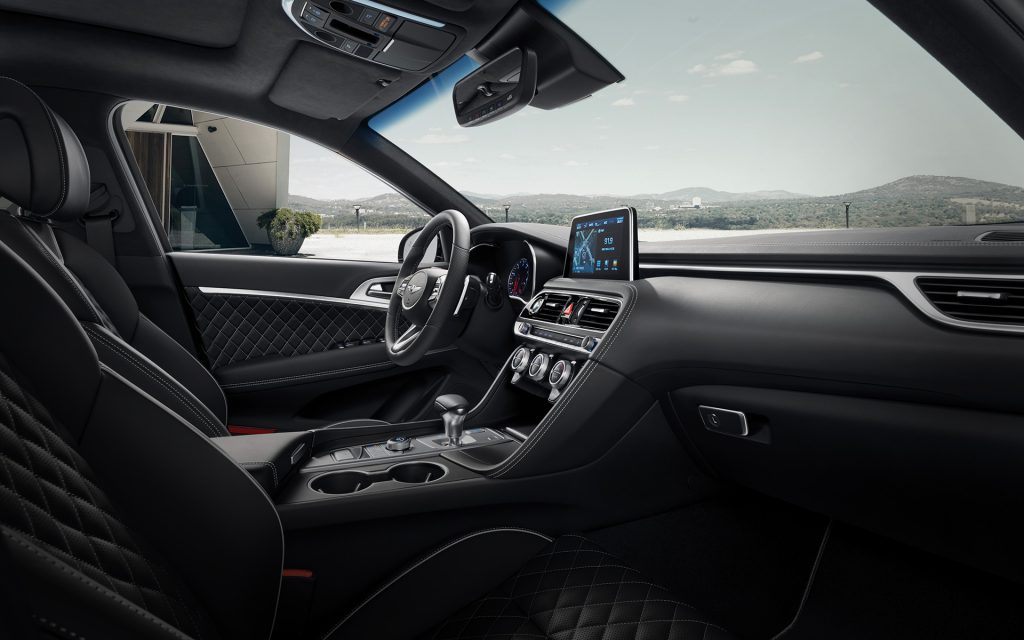 However, at the same time it has a lot of obstacles to overcome, such as a playing field that is already full of historically successful cars like the 3 Series, C Class, A4, Infiniti Q50, Lexus IS, and others.
However, at the same time it has a lot of obstacles to overcome, such as a playing field that is already full of historically successful cars like the 3 Series, C Class, A4, Infiniti Q50, Lexus IS, and others.
And then there’s the elephant in the room: popularity in this segment is dwindling as more and more buyers move into crossovers. Should Genesis have prioritized its upcoming crossover over the G70? If the G70 fails to bring enough sales volume, will we ever even see a Genesis crossover, or will that be the end of the brand?One thing we do know is that Hyundai is persistent.
In the past, when they haven’t hit their target, they’ve iterated their product over time, listening to the market’s feedback and providing solutions rather than giving up. This may mean that Genesis has a little more time to prove itself than some other car companies might allow. But when push comes to shove, it’s about making money, and if Genesis can’t sell G70s, it will be a difficult pitch to keep investing in the brand.

